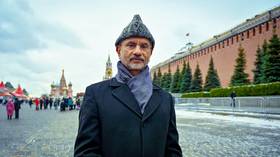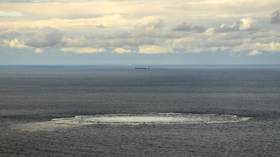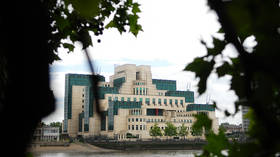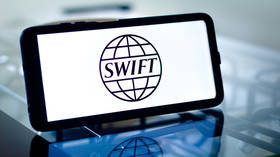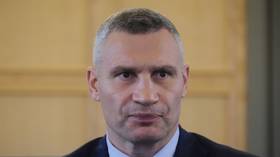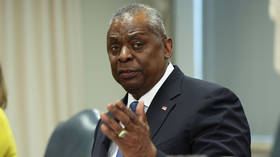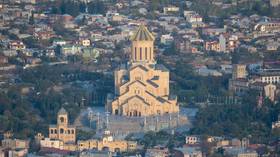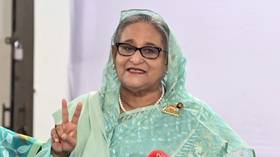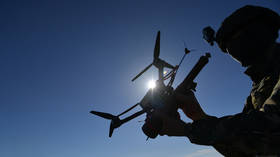Western ‘mistakes’ giving rise to trade alternatives – Lavrov
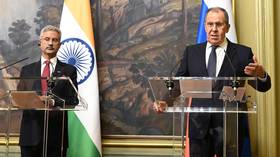
A decline in Western economic clout means it is natural for emerging economic powers to develop new trade infrastructure to meet their growing needs, Russian Foreign Minister Sergey Lavrov has said.
The diplomat was speaking in Moscow on Wednesday at a joint press conference with his Indian counterpart, Subrahmanyam Jaishankar. Among the topics the pair discussed earlier in the day was the International North-South Transport Corridor (INSTC), a freight project set to link Russia and India.
When asked by a journalist whether the INSTC would get a “second wind” after Jaishankar’s visit, Lavrov said it doesn’t need one.
“This project was met with much enthusiasm in all nations, on which its implementation depends. And it will certainly be implemented in the near future,” the minister insisted.
Jaishankar said the INSTC is not only for India’s benefit, stressing: “I think it is in the interest of the global economy that this corridor progresses. We will certainly give it the highest priority.”
The proposed route combines rail, road, and sea transport and connects Russia and India via Iran and Azerbaijan, serving as an alternative to the Suez Canal. More than a dozen nations that stand to benefit from the INSTC are stakeholders in the project. Key participants launched an effort to identify bottlenecks in 2014 and have been developing infrastructure to address them.
The question regarding the INSTC came after Maksim Oreshkin, a senior economic adviser to Russian President Vladimir Putin, argued this week that the US was “cannibalizing” its allies in Europe while Western economies lose their significance compared to the Global South.
Western nations have imposed various restrictions on Russian international trade over the Ukraine conflict. Moscow perceives the measures as acts of US hybrid economic warfare against competition.
Lavrov claimed Western nations have damaged their own position with “mistakes and numerous unacceptable methods,” as they attempt to “stall the objective historical progress.” Jaishankar agreed that changes are inevitable, adding that Russia and India are aligned in their belief in a multipolar world.
“Politics will have to change. The global order will have to change. The international economy will have to change,” Jaishankar predicted.
